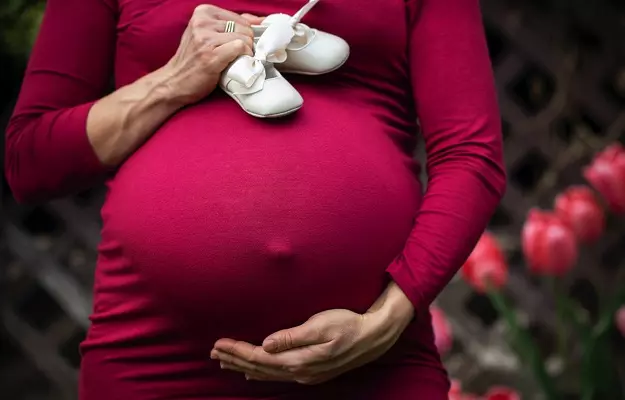The spread of the novel coronavirus infection, COVID-19, sees no signs of slowing down. More than 185 countries have been affected by this infectious disease which originated in Wuhan city of China. As of 13 April 2020, nearly 2 million people have been infected with the SARS-CoV-2 virus and more than one lakh have died.
People with low immunity, old aged people or people with a pre-existing medical condition such as diabetes, asthma, heart disease, kidney disease, and high blood pressure are considered to get severe symptoms of this infectious disease.
The year 2020 can be more stressful especially for those who are expecting a baby during this outbreak. According to the World Health Organisation, since there is only limited data on this, it appears that pregnant women are not under a high risk of developing the serious symptoms of the disease. There is no proof of vertical transmission of the disease from the infected mother to the unborn child, even though some cases have been reported in the UK.
Recently, the Indian Council of Medical Research (ICMR) laid down guidelines on the management of COVID-19 affected pregnant women that stated, "With regard to vertical transmission (transmission from mother to baby antenatally or intrapartum), emerging evidence now suggests that vertical transmission is probable, although the proportion of pregnancies affected and the significance to the neonate has yet to be determined."
However, India has reported a few cases of pregnant women with COVID-19 infection. Most of the pregnant women who were diagnosed with COVID-19 infection not only recovered but one of them delivered a healthy baby while in the isolation ward.
Since there is limited research unable to make a clearer distinction, antenatal care of pregnant women is of vital importance, especially at this time. Antenatal care, also known as prenatal care, is the care a pregnant woman requires before the birth of the baby.
Most pregnant women with COVID-19 infection have various questions about how safe it is to deliver a baby during the outbreak, or can they give birth to a baby via natural labour, and so on.
Here in this article, we will address all the questions related to the management of pregnancy and labour of women with COVID-19 infection.














































